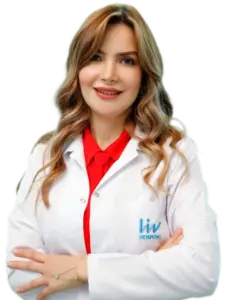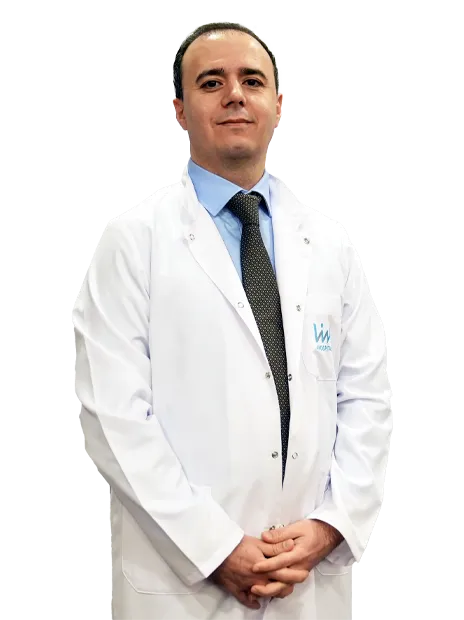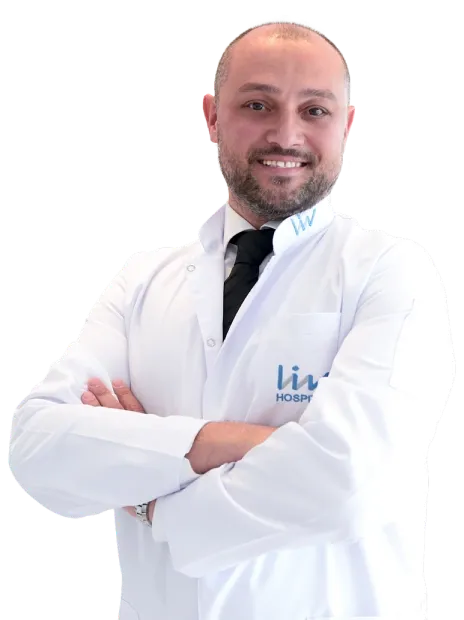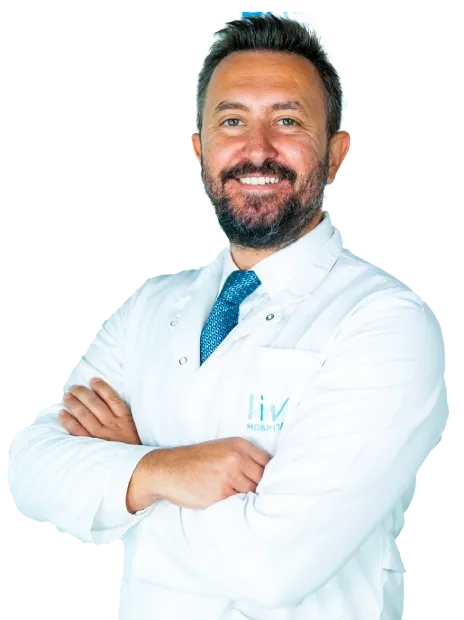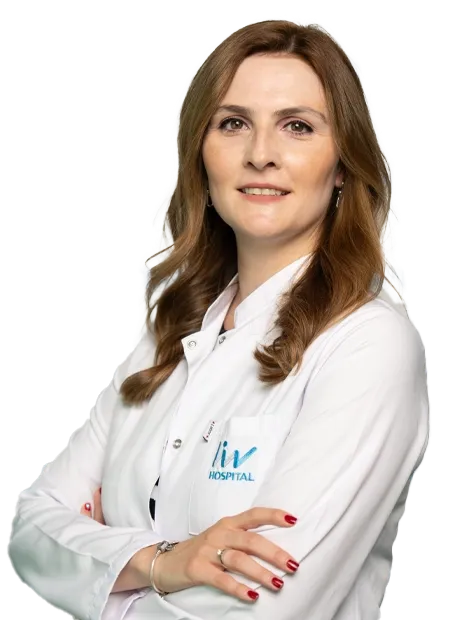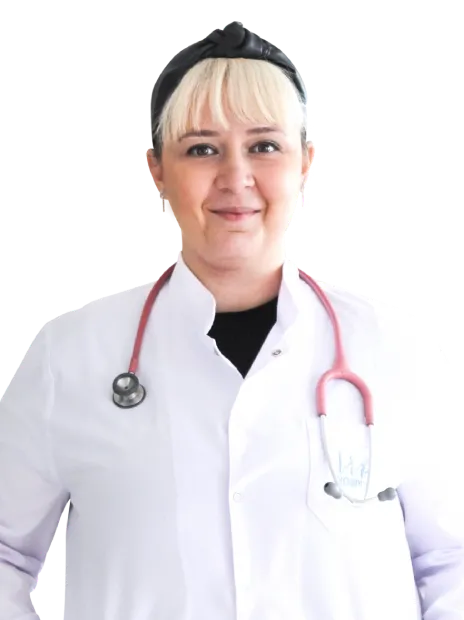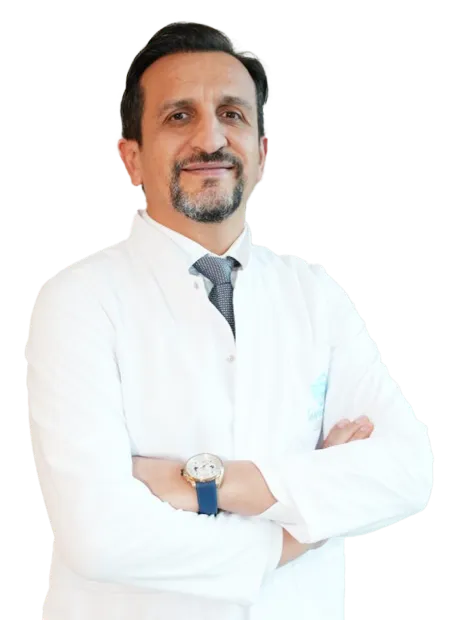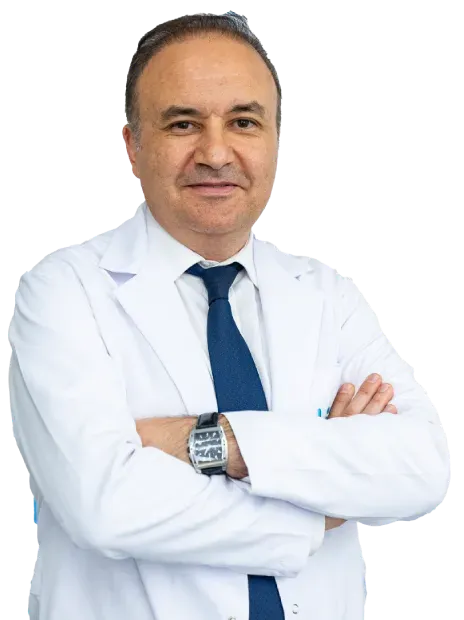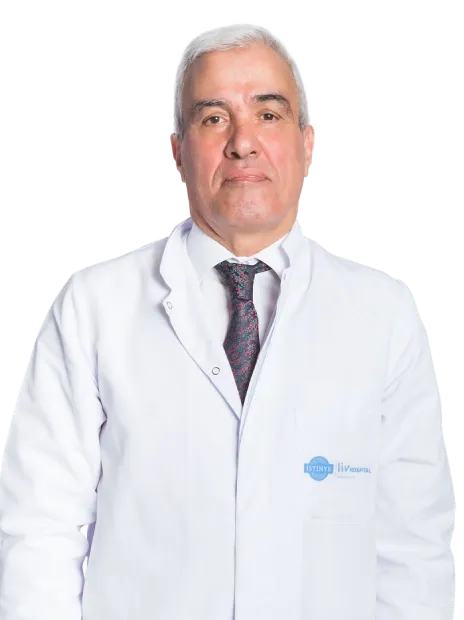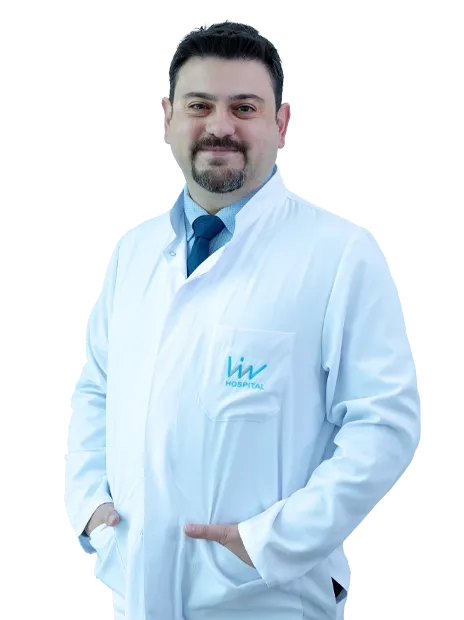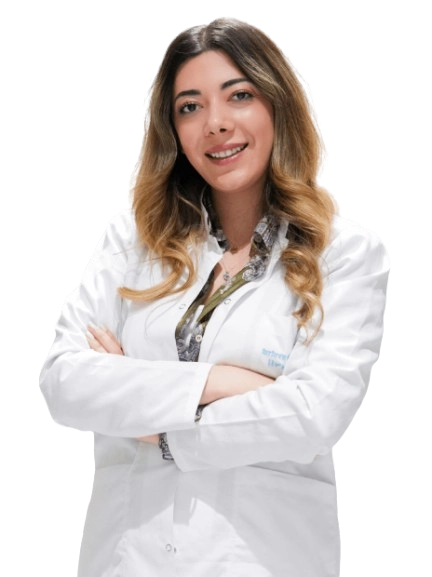Severe congenital anomalies happen during fetal development. They often cause serious health problems. These issues can lead to high death rates in newborns and lifelong disabilities.

At Liv Hospital, we focus on top-notch healthcare for these conditions. We use the newest medical tools and methods to help our patients. Our goal is to give complete care that meets the complex needs of those born with severe defects. We combine medical skill with kindness and understanding.
Key Takeaways
- Severe congenital anomalies can lead to significant morbidity and mortality among newborns.
- Liv Hospital provides internationally competitive care through current academic protocols.
- Our healthcare approach combines the latest medical advancements with empathetic support.
- We are committed to delivering complete care for individuals with complex needs.
- Advanced clinical care and research-driven healthcare solutions improve outcomes.
The Global Burden of Congenital Defects
Congenital defects are a big health problem worldwide, affecting millions of babies. These defects happen during pregnancy and can be structural or functional. It’s important to know how common they are and their impact to help improve healthcare.

Understanding Birth Defects and Their Prevalence
Congenital heart defects are very common, with about 12.3 per 1,000 births in North America. Around the world, these defects cause about 240,000 newborn deaths in the first 28 days each year. Congenital heart defects are among the most common and severe, with many cases reported globally.
We at our institution are committed to advanced medical care for those with these conditions. We aim to improve the lives of those born with congenital defects.
Mortality Rates and Long-term Consequences
The death rates for congenital defects are high, with many newborns dying in the first 28 days. Survivors often face chronic health issues, developmental delays, and need ongoing medical care.
We aim to lower these death rates and lessen the long-term effects. We do this through early detection, advanced treatments, and support services. By understanding the global impact of congenital defects, we can improve healthcare for those affected worldwide.
Severe Congenital Heart Defects
Understanding severe congenital heart defects is key to helping families. These defects are very serious and need quick, expert care.
At our institution, we face the challenges of severe congenital heart defects head-on. Conditions like hypoplastic left heart syndrome and transposition of the great arteries are very serious. They need early diagnosis and treatment.
Hypoplastic Left Heart Syndrome
Hypoplastic left heart syndrome (HLHS) is a serious heart defect. The left side of the heart is not fully developed. It often requires surgery or a heart transplant.
Our team is dedicated to giving top-notch care to babies with HLHS. We use the newest in cardiac surgery and treatment. We aim to support families every step of the way.
Transposition of the Great Arteries
Transposition of the great arteries (TGA) is another serious heart defect. The main arteries that carry blood out of the heart are reversed. It needs quick treatment to avoid serious health issues.
We use the latest tools and strategies to treat TGA. Our team works with families to create a care plan. We focus on the best outcomes for each child.
Statistical Impact of Cardiac Defects
Congenital heart defects are a big cause of infant deaths. In the U.S., they caused 23% of infant deaths from birth defects in 2021. This shows how important research and better treatments are.
We at our institution are committed to studying congenital heart defects. We aim to improve care and outcomes. By using the latest medical knowledge, we can help children and families a lot.
- Congenital heart defects are among the most common types of birth defects.
- These defects require immediate medical attention and often multiple surgeries.
- Advances in surgical techniques and medical care have significantly improved survival rates.
Critical Neural Tube Defects
Neural tube defects are severe congenital anomalies. They affect the brain and spine development. These defects happen early in pregnancy and can greatly impact a person’s life.
At Liv Hospital, we focus on caring for those with neural tube defects. Our team uses the latest medical techniques. We aim to meet each patient’s unique needs.
Anencephaly
Anencephaly is a severe neural tube defect. It means a major part of the brain, skull, and scalp is missing. This condition is often found before birth and can be very serious.
Key aspects of anencephaly include:
- Incomplete formation of the brain and skull
- Often diagnosed prenatally through ultrasound
- Generally not compatible with long-term survival
Severe Forms of Spina Bifida
Spina bifida is a neural tube defect that affects the spine. Severe cases can cause serious neurological problems. They need immediate medical care.
Our approach to treating severe spina bifida involves:
- Comprehensive prenatal evaluation
- Prompt postnatal surgical intervention
- Ongoing multidisciplinary care to address associated complications
Encephalocele and Other Neural Defects
Encephalocele is a rare neural tube defect. It involves brain tissue herniating through a skull defect. Other neural defects also exist, each with its own challenges and treatment plans.
We are dedicated to providing caring and detailed care for those with these conditions. We work closely with families to meet their specific needs and situations.
Fatal Chromosomal Abnormalities
It’s key to understand fatal chromosomal abnormalities for the right medical care. These genetic issues can be very serious and limit life. They need careful management and support.
At Liv Hospital, we focus on giving full care to those with these conditions. Our team works with families to meet their needs. We use the newest medical methods and treatments.
Trisomy 13 (Patau Syndrome)
Trisomy 13, or Patau Syndrome, causes severe brain and body problems. People with it often don’t live past their first year.
This condition is caused by an extra chromosome 13. This extra genetic material leads to the serious health issues seen in Patau Syndrome.
Trisomy 18 (Edwards Syndrome)
Trisomy 18, or Edwards Syndrome, is another serious condition. It causes big delays in development and serious health problems. Most with Trisomy 18 don’t make it past infancy.
Trisomy 18 is identified by an extra chromosome 18. It brings big health challenges, needing detailed medical care.
Other Life-Limiting Genetic Disorders
Other chromosomal issues can be fatal. These highlight the need for genetic counseling and prenatal tests. They help manage risks and conditions well.
At Liv Hospital, we aim to give top-notch healthcare. We offer full support and guidance to patients and families. Our team is here to help those affected by these conditions, providing the care and kindness they need.
Life-Threatening Structural Malformations
Congenital structural malformations are serious conditions that can affect an infant’s survival and health. These malformations are present at birth and can involve different parts of the body. At Liv Hospital, we focus on providing top-notch care for these complex conditions. We use the latest in surgical techniques and treatment.
Congenital Diaphragmatic Hernia
A congenital diaphragmatic hernia is a birth defect where there’s a hole in the diaphragm. This hole lets organs from the abdomen move into the chest. This can press on the lungs and affect their growth. We offer detailed care for infants with this condition, including surgery and post-operative care.
Key aspects of our treatment for congenital diaphragmatic hernia include:
- Advanced surgical techniques to repair the hernia
- Pre- and post-operative care to manage complications
- Multidisciplinary team approach to address the infant’s overall health
Severe Gastrointestinal Defects
Severe gastrointestinal defects, like esophageal or intestinal atresia, need quick medical help. These defects can mess up the digestive system and might need surgery. Our team is skilled in handling these complex cases, providing both surgery and support.
Some of the gastrointestinal defects we treat include:
- Esophageal atresia
- Intestinal atresia
- Gastroschisis
Renal Agenesis and Potter Sequence
Renal agenesis is when one or both kidneys don’t develop in the fetus. When both kidneys are missing, it’s linked to the Potter sequence. This condition has physical abnormalities due to kidney failure and less amniotic fluid. We offer detailed care and support for families with these diagnoses, including counseling and managing complications.
Our approach includes:
- Early diagnosis and assessment of the condition
- Supportive care for related complications
- Guidance and counseling for families
Conclusion: Advances in Detection and Treatment of Severe Congenital Anomalies
Severe congenital anomalies need detailed and specialized medical care. At Liv Hospital, we aim to offer top-notch healthcare for these issues. We use the newest medical advancements and treatment methods.
Congenital anomalies are defects that happen during fetal development. Our team is here to provide caring and supportive care. We work closely with families to meet their specific needs.
We keep improving how we detect and treat congenital anomalies. Our goal is to give exceptional care and better results for those affected. Our commitment to using the latest academic protocols ensures our patients get the best treatment for complex malformations.
FAQ
What are congenital anomalies?
Congenital anomalies are problems that happen during a baby’s growth in the womb. They can cause serious health issues.
What are the most severe congenital defects?
The worst congenital defects include heart problems, brain and spine issues, and genetic problems. Also, severe birth defects like diaphragmatic hernia and major gut problems are very serious.
How common are congenital heart defects?
Heart defects at birth are very common. About 12.3 per 1,000 babies in North America are born with them.
What is hypoplastic left heart syndrome?
Hypoplastic left heart syndrome is a serious heart defect. The left side of the heart is not fully developed. It needs quick and special medical care.
What are neural tube defects?
Neural tube defects affect the brain and spine. They include anencephaly and severe spina bifida. These are types of congenital anomalies.
What are trisomy 13 and trisomy 18?
Trisomy 13 and trisomy 18 are genetic problems. They can cause severe and life-threatening issues.
What is a congenital diaphragmatic hernia?
Congenital diaphragmatic hernia is a serious problem. It’s when there’s a hole in the diaphragm. This lets organs move into the chest.
How do congenital anomalies impact newborns?
Congenital anomalies can be very harmful to newborns. They can cause a lot of sickness and death. About 240,000 newborns die in the first 28 days every year worldwide.
What kind of care does Liv Hospital provide for congenital anomalies?
Liv Hospital offers top-notch care for congenital anomalies. We use the latest medical technology and treatments. We also provide support and guidance every step of the way.
References
Rissmann, A., et al. (2023). Causes of death in children with congenital anomalies up to 10 years of age: a multi-registry cohort study. BMJ Paediatrics Open, 7(1), e001617. https://www.ncbi.nlm.nih.gov/pmc/articles/PMC10367017/
World Health Organization (WHO). (2023, February 26). Congenital disorders. WHO. https://www.who.int/news-room/fact-sheets/detail/birth-defects


